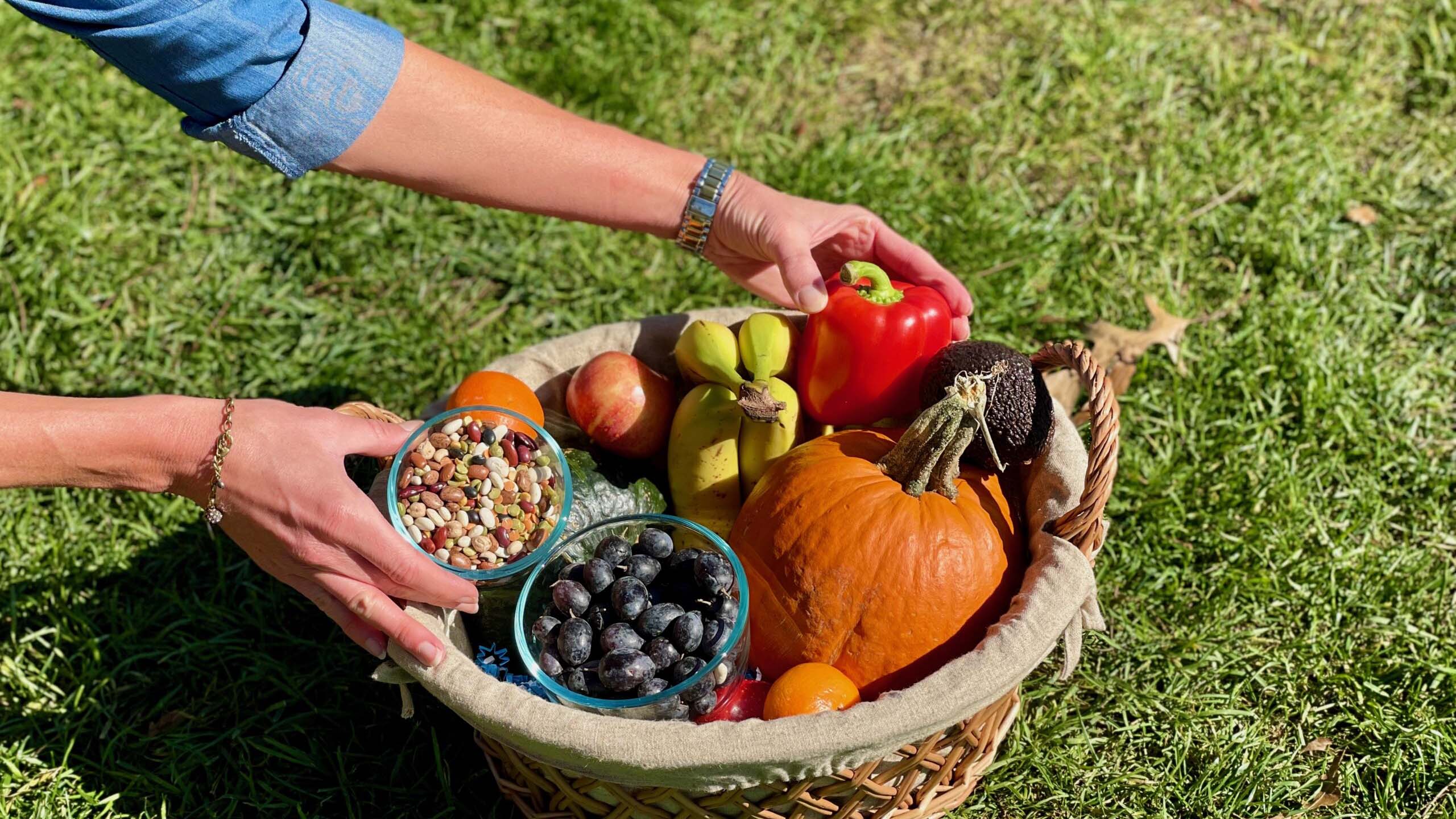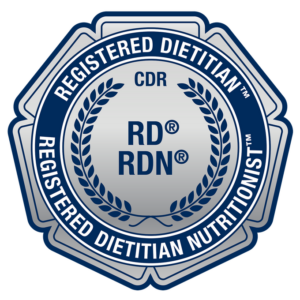Plant-Based Eating – A Lifestyle, Not a Diet
Ever wondered how you can eat more plants, and be satisfied? Have you wondered if a plant-based diet will promote weight loss? Possibly! But, let’s look at this from a different angle. What if plants were part of your lifestyle that not only results in a tip in the scale. But, also improve other health measures. Think of plant-based eating as a lifestyle, not a diet!
Research suggests that eating a diet consisting of at LEAST 75% of plants contributes to optimal health. Eating more plants does not mean you will only be eating rabbit food. Quite the opposite! Plants offer great sources of fiber, phytonutrients, and crunch to your meals. Plants offer quality carbohydrates, healthy fats, and protein. Not to mention, plants offer color, presentation, and beautify your plate. Yes! They are pretty enough to eat!
Benefits of Plant-Based Eating
The benefits of plant-based eating include the following:
- Contain Phytochemicals (Phyto means plant in Greek). They provide plants with color and flavor and protect plants from environmental invaders.
- Stimulate the immune system
- Reduce inflammation that makes cancer growth
- Slow the growth rate of cancer cells
- Help regulate hormones
- Help regulate blood sugar levels
- Cholesterol FREE!
Focusing on eliminating meat just one day per week can have an impact on both human and environmental health. Visit Meatless Mondays to learn more about how reducing meat consumption can impact your health and the environment.
A plant-based lifestyle can be defined as:
There are several definitions of vegetarian. A personal favorite of mine is Flexitarian. I think it embodies the idea of focusing on adding more plants to your daily life. Here is a quick review of Plant-based eating as a lifestyle, not a diet.
- Vegan: 100% plant-based No animal products, may also exclude honey or gelatin.
- Lacto-vegetarian: Also referred to as “lactarian” Plant-based, but does include dairy (milk, cheese, yogurt, ghee, kefir) Does NOT include eggs.
- Ovo-vegetarian: Plant-based, but includes eggs
- Lacto-ovo-vegetarian: Plant-based, but does include dairy products and eggs
- Fruitarian: Only consumes fruit, sometimes nuts & seeds. Does not consume grains, vegetables, or animal protein.
- Pesco-vegetarian: Also known as “pescatarian”.Plant-based, but may include eggs, dairy products, and occasional consumption of fish, but excludes red meat.
- Flexitarian, Semi-vegetarian: when a person focuses on plant-based eating while reducing the number of animal products.
Still interested in learning how to incorporate more plants in your life? Trying to figure out how to cook with plants, including plant-based protein without feeling like a rabbit? Contact me on the form below to learn about a course designed to build your knowledge and cooking skills in the kitchen. Plants do taste great!
Get to know you call with Laura Cordero
When was the last time someone listened to you? Really listened and provided active feedback. The best way to see if we are a good fit is in a free introductory discovery session.



